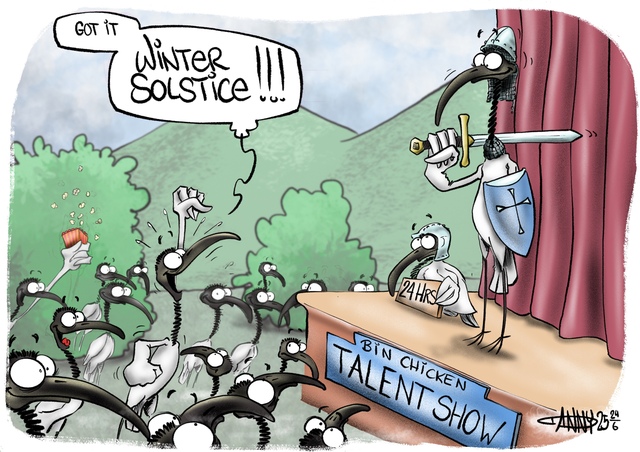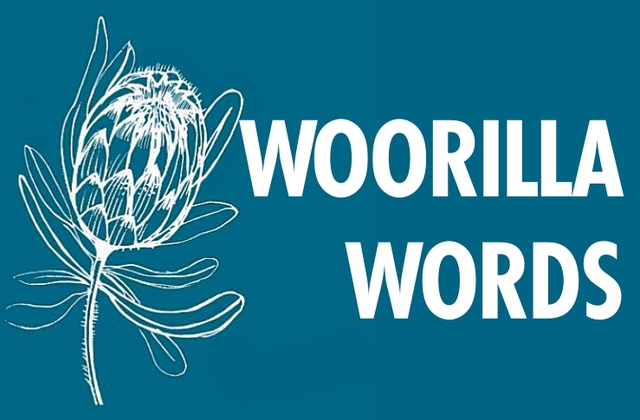With supermarkets already selling hot cross buns and chocolate eggs not that far behind, do we really need another Hallmark holiday full of clichéd overpriced goods driven by the need of retailers to fill in a consumer vacuum between Christmas and New Year?
By the end of Valentine Day eye watering amounts will have been spent on gifts and outings to celebrate a day that may be no longer fit for purpose.
Not an official holiday with a day off work, nor is Valentine Day a recent invention of the advertising world. Like many such festivals the origins of Valentine’s Day are somewhat murky and, again like so many that have been incorporated into the Christian tradition, its beginnings reach back to paganism and in this case the Roman festival of Lupercalia.
Along the way, there were several Christian martyrs named Valentine, but the most famous one, now associated with Valentine Day, was a priest in Rome during the third century.
By the 17th century the day his feast day was well established as a celebration of love.
Today, Valentine Day is celebrated worldwide on 14 February, with the exchange of cards, gifts, flowers, and romantic gestures but we know that for a lot of people the day is meaningless and indeed could even be distressing.
There is a tendency in celebrating this one day to focus on Romantic love and not on the other variations.
Today, our usage of the word fails to recognize various kinds of love whereas the Ancient Greeks had distinguished between different expressions of love.
There was Eros or sexual passion and carnal love, while Agape was brotherly love and charity;
Philia covered affection and friendship and Pragma longstanding commitment.
Storge was love and affection of parents and children And Philautia was self- esteem and the love of self.
Surely most of us have experienced some of these different expressions of love at some point throughout our lives.
Poetry, theatre and now film have been celebrating all of them throughout the ages.
And as we all know even Romantic love has undergone huge changes.
Today we accept love between same sex couples and Valentine Day now implies celebrating other important relationships in a person’s life: friends, family, co-workers and, even pets.
Of course there are some who still feel left out: singles, the bereaved and still to a certain extent gay people.
Valentine’s Day could be a positive way of acknowledging all these different facets of loving.
It’s time to abandon the tokenistic gestures foisted on us such as meaningless gifts and gestures that barely survive that one day.
With the emphasis solely on this one day it can take away from daily practices of love and appreciation on the remaining 364.
It may not surprise many but remembering to put out the rubbish bin could rate higher than that tokenistic bunch of petrol station flowers or chocolates.
There is nothing wrong with gift giving as long as it is thoughtful and understands the needs of the person you are gifting. Just as practical gestures can melt the heart so too can the right choice of present.
Forget extreme outcries about the inappropriateness of giving ‘enslaving’ domestic appliances.
Many women would prefer to get a replacement for a faulty labour saving device ahead of a tokenistic gift. Many a man would appreciate a gift that was far
removed from the stereotypically male gendered. And as always the best gift is being present for your partner.
British poet Carol Ann Duffy’s poem Valentine about giving an onion rather than traditional flowers challenges the usual clichéd gifts. The onion’s layers as they are unpeeled mirror the complexities of relationships. The scent lingers long after you’ve peeled an onion: ‘clingy, possessive and faithful,’ like any strong and lasting relationship.
This is a beautifully honest poem without the cloying sentimentality often found on Valentine cards.
As a celebration of erotic love Andrew Marvell’s early 17 th century seduction poem, To My Coy Mistress cannot be surpassed.
This is a poem with an urgent message: carpe diem, seize the day while you are young. It is a poem of over the top exaggerated praise aimed at seduction and reminding his intended lover that life is short and life’s pleasures must be grasped: a chilling reminder of our mortality:
But at my back I always hear
Time’s wingèd chariot hurrying near;
And then he adds:
The grave’s a fine and private place,
But none, I think, do there embrace.
The 2003 film Love Actually now a staple of Christmas viewing, better than many art house films, explores different experiences of love through interconnected stories.
There is the romantic love between a rather unconvincing PM and his staffer, there’s the long and enduring friendship between the accidental Rock Star and his long suffering manager, the sacrificing love of a sister who foregoes intimacy to care for her mentally ill brother, the unrequited love of a man who is in love with his best friend’s wife.
And who can forget the pain of the stay at home mother and wife who finds out that the Christmas present of a necklace was not meant for her but for her husband’s young employee whose attentions he could not resist.
Who would argue against celebrating that most important of human emotions with love being ultimately the defining one that makes us human.
I can feel your understandable cynicism when we look around us and the world and wonder if indeed this is a defining human trait.
So whoever you love and whichever way you show that love, make sure it is how you wish to express your feelings and remember there are 364 other days left for you to do so.
Valentine by Carol Ann Duffy
Not a red rose or a satin heart.
I give you an onion.
It is a moon wrapped in brown paper.
It promises light
like the careful undressing of love.
Here.
It will blind you with tears
like a lover.
It will make your reflection
a wobbling photo of grief.
I am trying to be truthful.
Not a cute card or a kissogram.
I give you an onion.
Its fierce kiss will stay on your lips,
possessive and faithful
as we are,
for as long as we are.
Take it.
Its platinum loops shrink to a wedding ring,
if you like.
Lethal.
Its scent will cling to your fingers,
cling to your knife.







